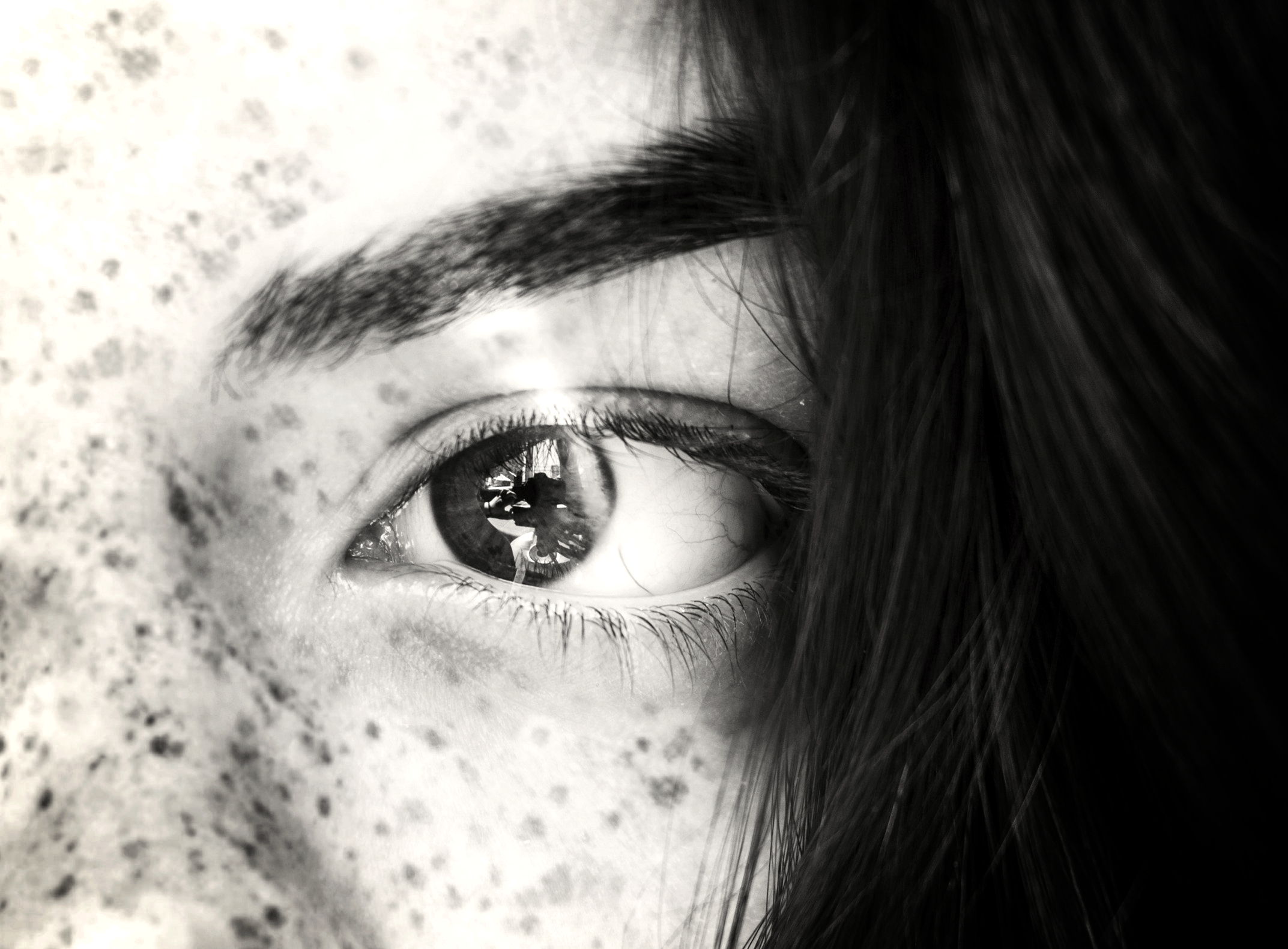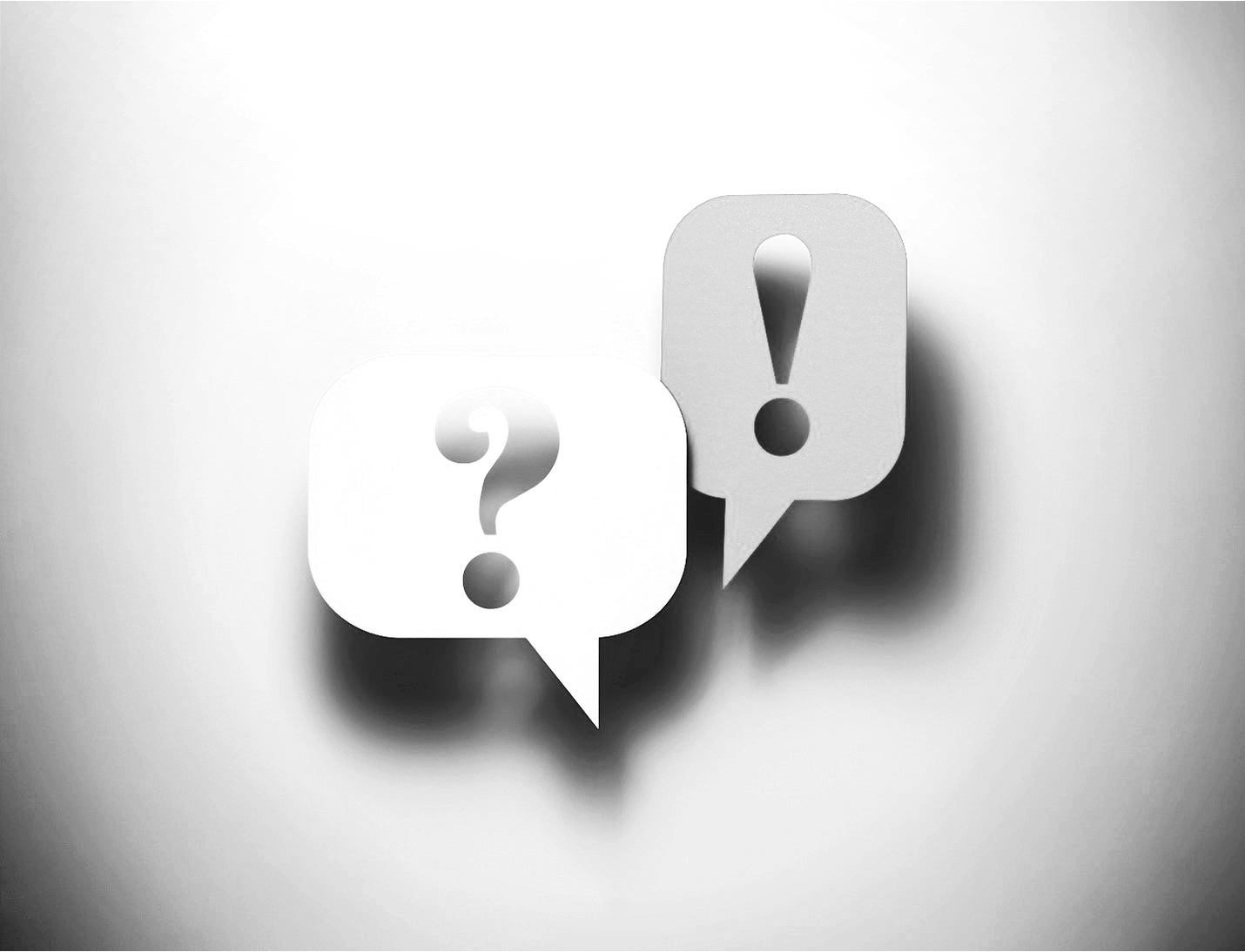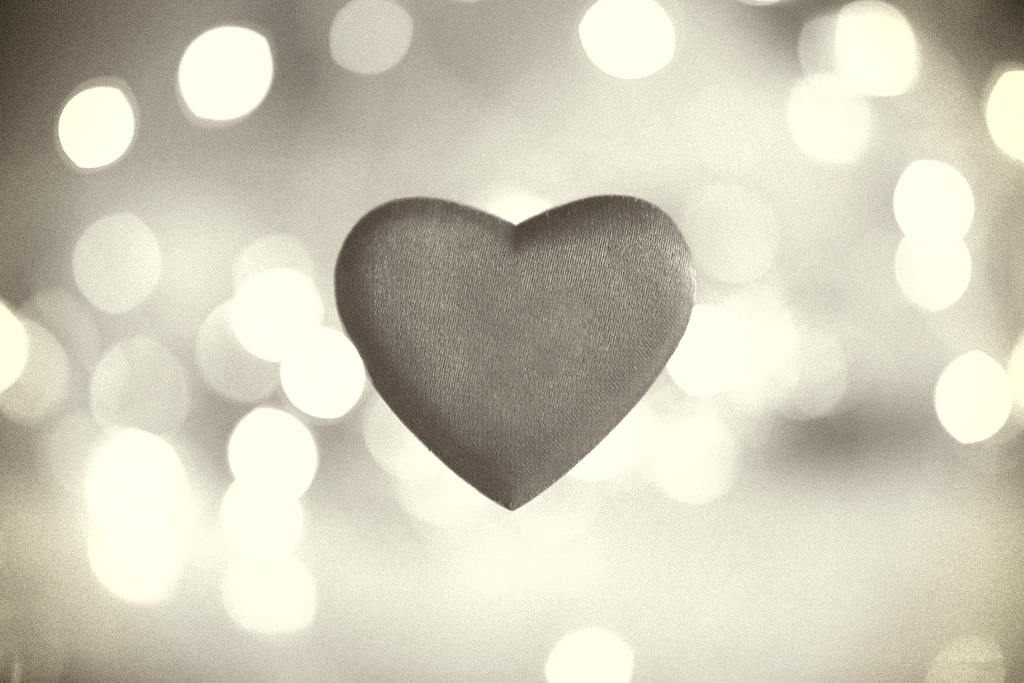What is Oppression?

Once you have a good understanding of yourself as a human being, it’s important to understand oppression. Oppression is what often prevents us from reaching our highest and fullest potential. It has been part of human cultures across the globe for thousands of years. However, understanding oppression can help us heal from the damage it has caused. More importantly, learning about oppression can help us end and prevent it. Many topics in the Human First Lens will help you identify and prevent specific types of oppression you might encounter or have already seen. But before we move on, this module is designed to help you understand what exactly oppression is and what it looks like.
Understanding Oppression
In the past, many people thought of oppression in its most severe forms. For example, slavery, government tyranny and torture are considered extreme forms of oppression. It was also thought that oppression was caused by underlying issues such as racism, classism, sexism or homophobia (we’ll study each of these in more detail in the upcoming chapters). Today we know these underlying issues (racism, etc.) are actually caused by oppression and not the other way around. We also know that when we understand oppression we can help prevent it from happening.
Defining Oppression
In the broadest sense, oppression is a violation of our human rights or a restriction of our basic human needs. It can also be an attempt to marginalize, “other” or to discriminate against people because of their skin color, language, place of birth, sexual orientation, religion, or many other reasons.
Specifically, oppression is defined as a set of thoughts, beliefs, actions or human-built systems or policies that:
- Harms, damages, or minimizes a person’s dignity, worth, self-respect or self-awareness;
- Interferes with the autonomy of a person’s body, mind or soul;
- Interferes with a person’s inalienable rights to life, liberty, or the pursuit of happiness;
- Restricts a person’s access to basic needs;
- Prevents learning, growth or free will; or
- Solidifies an “other” within the human species.
Ultimately, oppression prevents us from thriving and reaching our highest and fullest potential.
Who Can Oppress Who?
Oppression can be inflicted on anyone by anyone. As human beings, we can oppress ourselves, we can oppress others, and we can be oppressed by others. Common examples of oppression may include:
- Negative self-talk and labeling, such as “I’m not good enough” or “I’m not worthy”;
- Name calling, bullying, permanently labeling others, or picking on someone;
- Physical, mental, emotional or spiritual violence against yourself or another human being;
- Systems, policies or laws that inhibit a person’s inalienable rights to life, liberty or pursuit of happiness, particularly when that person’s expression of those rights does not have an impact on other people;
- Restricting a person’s access to basic human needs, such as clean air, employment, housing, food, life-saving medical care, etc.;
- Lying or omitting access to the complete truth in an effort to control someone’s decisions, actions or responses; and
- Permanently “othering” or grouping people, particularly in a way that results in different actions or beliefs towards them. Examples include racism, sexism, homophobia, classism, ableism, and religious or politically based discrimination.
Impacts of Oppression
Oppression – such as name-calling, bullying, abuse, unfair treatment and discrimination – can be painful. For some people, oppression can lead to short- and long-term physical, mental and emotional trauma, even including death. When left unaddressed, oppression can lead to challenges in forming healthy relationships, securing and maintaining financial independence, high anxiety or depression, and feelings of low self-esteem and self-worth. It can lead to mental health challenges, physical health challenges, and emotional challenges as well. In short, it’s important to know that oppression causes damage to ourselves and to others.
Cycle of Oppression
In many cases oppression happens unintentionally. Simply put, the person who is doing the oppressing doesn’t realize that they are doing it. They may not realize their thoughts and actions could be inflicting long-term damage onto themselves or others.
In fact, there are many people today who are unaware of our basic human rights and that we are all entitled to our basic human needs. In some cases, people struggle to empathize with the pain and trauma caused by bullying, discrimination and unfair treatment, such as racism, sexism, homophobia and various forms of “othering”. They might not fully understand how their actions are making another person feel.
Fortunately, this means the person is likely to stop oppressive thoughts and behaviors once it has been brought to their attention and they have been given the opportunity to create change.
In fact, all of us make mistakes and helping each other learn and grow is part of our responsibilities to one another. The more we teach each other about our rights, our basic needs and the pain of “othering,” the more we can heal from and prevent future oppression.
Ending the Cycle of Oppression
In many cases, the cycle of oppression ends when the person who experiences oppression is able to heal from pain that was caused and can actively reject oppression moving forward. For many people, this process includes:
- Receiving trauma-informed counseling;
- Finding social supports that promote healthy independence and community engagement;
- Understanding and affirming their own entitlement to being treated with dignity and respect;
- Gaining a healthy knowledge of their inherent human rights and entitlement to basic needs; and
- Experiencing inclusive and accessible spaces and environments where they feel welcome and part of the community.
However, when a victim of oppression does not receive appropriate support and intervention, it can lead to the internalization and acceptance oppression. A person may come to believe that human rights violations are okay, and that restrictions of basic needs are normal. They may also believe that marginalization, discrimination and “othering” are just part of life.
In the shortest of terms, the bullied can become the bully – the victim can become the perpetrator. When this happens, the cycle of oppression continues.
So What Can We Do About It?
Rejecting and Interrupting the Cycle of Oppression
The good news is oppression can be rejected and the cycle of oppression can be interrupted or even prevented. As human beings, we’re able to better reject oppression and stand up for ourselves and others when we:
- Understand our own rights and basic needs;
- Understand our responsibilities to one another;
- Have a strong sense of ourselves as a human being;
- Recognize our own boundaries and the boundaries of others; and
- Use a spectrum-based view of humanity to celebrate diversity and create welcoming, accessible and inclusive spaces for ourselves and others.
The most important step in rejecting oppression, however, is recognizing it and intentionally saying “this is not okay“.
When we have a better understanding of what oppression looks like and how it works, we can also apply critical thinking skills to dismantle oppressive beliefs, thoughts, actions and systems we might encounter.
Dismantling and Rejecting the Binary Lens and Category-Based Lenses
One of the most important things we can do to prevent oppression is celebrate human diversity. Though we all have the same universal rights and basic needs, as human beings we come in all shapes and sizes. We have a range of skin colors and hair types, varying heights and weights, ranges of immune system responses and sexual and digestives organs, and many other universal traits we share in common, but that are individually unique. We have different gender expressions and sexual orientations, religious and spiritual beliefs, political beliefs, physical, cognitive and emotional abilities, and different languages and cultural traditions – but the important thing is that we each have them.
As human beings, we generally want people to be nice to us, care about our feelings, and value our experiences, ideas, culture and contributions. But in many places throughout the world, including the United States, varying approaches to recognizing human diversity have resulted in exclusion, discrimination, slavery and even murder. In the United States a “binary lens” of humanity with one side recognized as the “normal” or “default,” and the other side recognized as “the other” was widely utilized for many years.
Here are some examples: White and People of Color; Men and Women; Straight and Gay; Abled and Disabled.
This lens was often used in creating laws, even though it went against our basic human rights and national values of freedom and equality. Laws and policies favored those on the left of the equation (White, Men, Straight, Abled) while excluding those on the right. This doesn’t mean all people on the left of the equation used this lens themselves. Still, the impact of this lens continues to be felt and experienced by many people on all sides of the equation today.
Fortunately, there has been progress. Efforts to promote accessibility, diversity and inclusion have started to dismantle the binary lens and create an equal playing field for all people. Today, there are many categories for people to choose from. For example:
- Black, White, Brown, Hispanic, Latino/a/x, Asian, Indigenous, Native
- Men, Women, Transgender, Intersex, Non-Binary
- Straight, Gay, Lesbian, Bisexual, Pansexual, Demisexual, Asexual
Unfortunately, however, this viewpoint – the category-based lens- still creates “default” or “normal” categories. In some ways it can reinforce the oppressive beliefs of the binary lens. This lens still requires us to identify ourselves and others with pre-defined categories, assumptions and social expectations. In fact, defining ourselves and others with a binary or category-based lens can lead to many challenges:
- People feeling excluded, disconnected and isolated from other people;
- Permanent self-othering;
- Discrimination and de-humanization against people who are not in one’s own category;
- Human rights violations; and
- Extreme internalized oppression.
This is not okay.
Spectrum-Based View of Humanity
Rather than assuming things about people based on categories they may or may not choose to adopt themselves, the spectrum-based view of humanity recognizes our universal traits first – the things we have in common. For example, we all have skin colors, a place of birth and hobbies that we enjoy. Instead of categories, these expressions are better thought of in a range of possible human characteristics. We then recognize there are billions of expressions of our universal traits, and that each of our expressions are natural and “normal”.
Importantly, we see ourselves and each other as human beings first, and ask questions to learn more about one another rather than making assumptions. We celebrate and honor our own uniqueness, as well as the uniqueness of all those around us.
While each person (including ourselves) can certainly label themselves and identify as part of a community or pre-defined category, we refrain from making assumptions about people based on their appearances, affiliations, places of birth, cultural traditions, abilities and expressions (among others), and let each person tell their own story themselves.
By using the spectrum-based view of human beings, we dismantle having “default” categories altogether. This helps us to stop the practice of “othering,” and instead find ourselves truly learning about and valuing the unique experiences, ideas and contributions of each person. It also allows us to create and be a part of truly welcoming, inclusive and accessible spaces and environments.
We’ll use this framework – the spectrum-based view of humanity – to help us explore several important topics, including racism, sexism, ableism and more.
Caution
When we’re learning about oppression, it can be easy to think that all forms of disagreements and everything we encounter are forms of oppression. We may even be tempted to view others or even ourselves as “oppressors”. In fact, labeling ourselves or others as oppressors can be oppressive in and of itself.
As human beings, we’re constantly growing and learning – and we all make mistakes. It’s important to remember that not every disagreement or conflict is a condemnable form of oppression. In fact, conflict often stems from a misunderstanding of information or one another’s boundaries. Healthy conflict resolutions starts with honoring the dignity and worth of every person, and a commitment to both increasing understanding of your viewpoint, and understanding another’s viewpoint as well. When we’re willing to engage in healthy conflict resolution, it means that we respect ourselves and the other person enough to work through our differences and strive come to place of understanding – even if we still disagree. Having conflict or disagreements is not a form of oppression in and of itself. It’s simply an opportunity to learn and grow.

Practice Challenging Beliefs
Learning about oppression can be scary. If we have misconceptions about oppression, we can challenge our beliefs. For those who are just beginning, it can take some time to completely transform our thought patterns.
Beliefs to Challenge
Only certain people are oppressors.
Human First Lens
I recognize we all have the ability to oppress ourselves and others, and that by learning about oppression, I can help to overcome oppression, and stand up for others, too.
Belief to Challenge
I’m afraid I’ve been an oppressor before.
Human First Lens
I recognize I have no need to label myself an “oppressor”. I make mistakes like everyone else, and I can also learn and grow. While I cannot change the past, I change my behaviors moving forward, and make amends whenever possible.

Explore
As you move throughout life, there are many things you will learn about yourself and others. Many people will have opinions or ideas about who you should be or how you should live your life. However, one the best ways to protect yourself and others from oppression is to have a good sense of who you are. Here, we have a few questions about your life’s mission and purpose. You can answer these questions in your head, say them out loud, or type them in. If desired, you can also print your answers, and/or enter your email address to have them sent to you for future reference.
Survey
The following survey is completely optional. Answering these questions can help future sociologists, educators and researchers develop better tools and teaching materials.
Support the Human First Lens
If you learned something new or if you believe this information is valuable to others, please consider supporting the Human First Lens.
